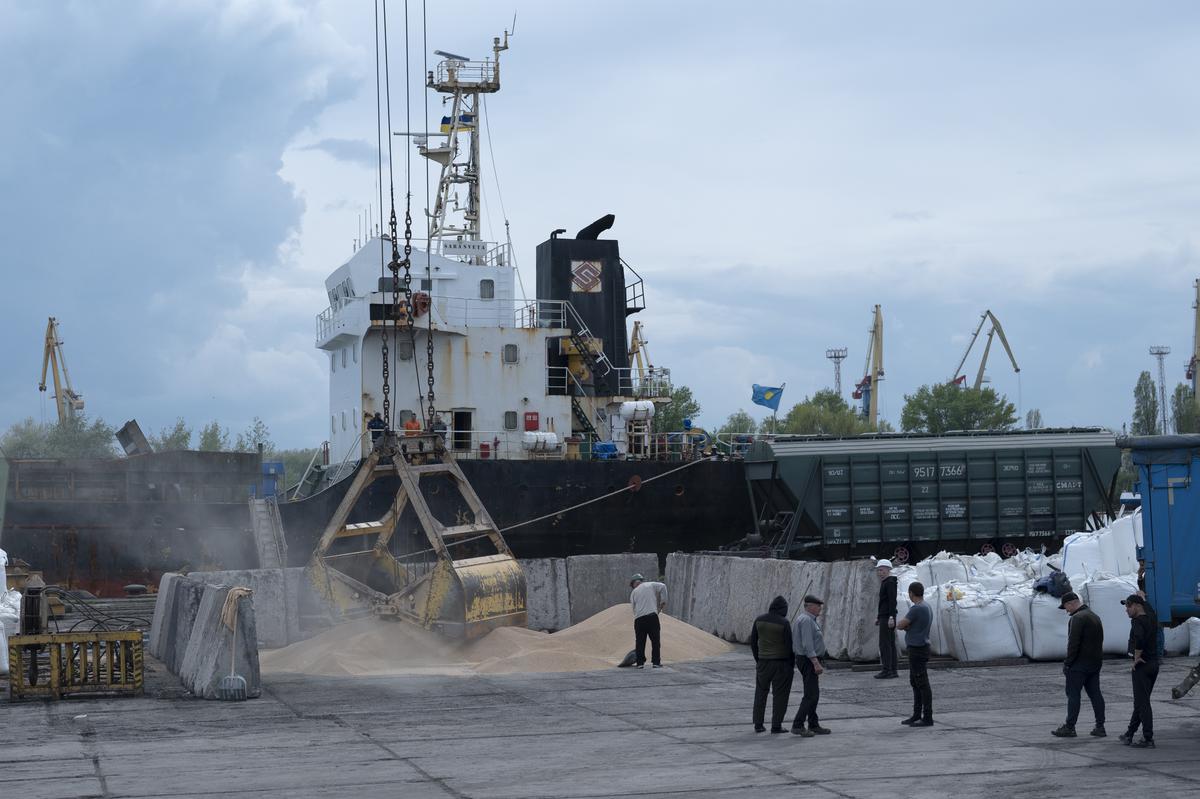
Russia’s recent threat to withdraw from a grain deal with Ukraine has raised concerns about food safety and the availability of grain in regions facing hunger. The United Nations-brokered deal, which facilitates the flow of grain from Ukraine to countries in need, has helped lower commodity prices following the invasion. However, the threat of Russia pulling out of the agreement has disrupted the supply chain, leading to a decline in food exports and a decrease in ships heading to Ukraine’s Black Sea ports.
The potential withdrawal of Russia from the grain deal has significant implications for global food security. Ukraine is a major exporter of grain, and its participation in the agreement has played a crucial role in alleviating hunger in various regions. The disruption of grain exports from Ukraine could lead to increased food scarcity and higher commodity prices, exacerbating the challenges faced by communities already struggling with hunger.
The concerns surrounding the withdrawal of Russia from the deal extend beyond the immediate impact on food availability. The absence of a stable supply of grain from Ukraine raises questions about the long-term stability of food markets and the ability of countries to meet their nutritional needs. It highlights the importance of maintaining international agreements and cooperation in addressing food security challenges.
Efforts are needed to ensure the continuation of the grain deal and the uninterrupted flow of essential food supplies. International organizations, including the United Nations, play a critical role in facilitating negotiations and encouraging all parties to honor their commitments. It is crucial to prioritize food safety, access, and affordability to address the global hunger crisis effectively.
In conclusion, the threat of Russia’s withdrawal from the grain deal with Ukraine raises concerns about food safety and availability, particularly in regions struggling with hunger. The disruption of grain exports from Ukraine could have far-reaching consequences for global food security. It underscores the need for international cooperation and concerted efforts to maintain stable food supply chains and address the pressing issue of hunger worldwide.









